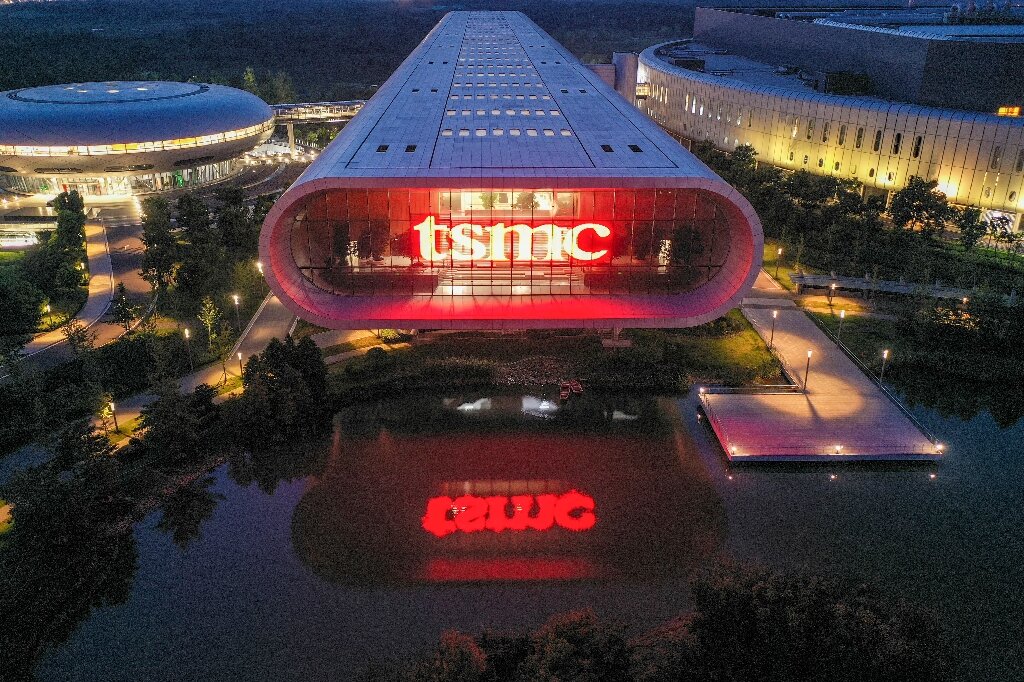Shares of Asian chipmakers fall after US sanctions on China

Image credit: Tech Xplore
Shares in significant Asian computer chipmakers dropped as the US proposed harsh new regulations to limit technology sales to China.
Certain processors used in supercomputers and artificial intelligence won’t be able to be sold to Chinese enterprises, according to the US.
The rules, which were made public on Friday, also target foreign companies that buy gear built in the United States.
Technology companies are also observing a fall in demand as the global economy declines.
On Tuesday, Samsung Electronics in South Korea fell 1.4%, Tokyo Electron in Japan was down 5.5%, and Taiwanese chipmaker TSMC’s stock fell more than 8%.
The stock market drops came after Taiwan, Japan, and South Korea’s stock exchanges reopened on Tuesday after being closed on Monday for official holidays.
Shares of SMIC, the biggest chipmaker in China, fell by 4% in Hong Kong, according to news reports from other areas of Asia.
US corporations need to apply for a licence in accordance with the limits in order to supply Chinese chipmakers with equipment that allows them to produce more advanced chips.
Washington claims that the laws are intended to halt Chinese military and technology development.
The measures, some of which are immediately effective, represent one of the most dramatic shifts in US policy surrounding technology transfers to China in decades.
On Monday in the US, the Nasdaq index, which is heavily weighted toward technology, fell as shares of chipmakers Intel, Nvidia, Qualcomm, and Advanced Micro Devices fell. The index’s drop brought it to its lowest level since July 2020.
The recent decline in demand for electronic gadgets, such as computers and cell phones, has harmed technology shares globally.
A 32% profit decline warning was given by Samsung, a significant South Korean technology giant, on Friday.
As memory chip prices decreased globally as a result of weakening consumer electronics demand, the largest smartphone manufacturer in the world announced lower profitability from its microprocessor manufacturing division.
Nomura Research analysts Sonal Varma and Si Ying Toh claimed that “the chip slump suggests a deeper export decline lies ahead.”
